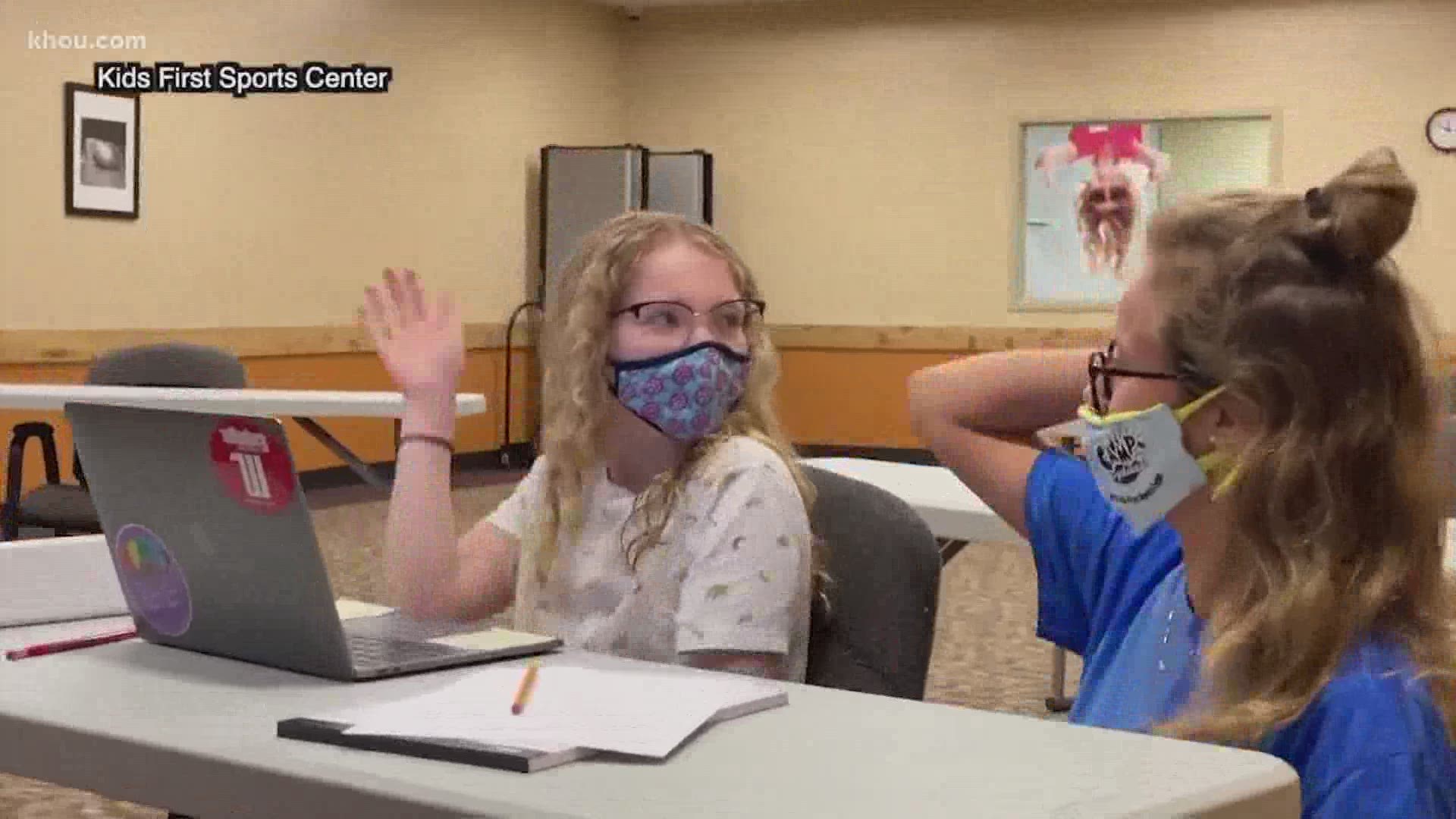Online schooling is no longer a novelty, and while many of the glitches and surprise Zoom "bombings" of last spring have been fixed, experts say our children still face many threats.
Arneesha Collins is the mom of an elementary student learning remotely, she worries what her son is exposed to when she is not watching.
"I already don't want my son on the iPad or computer a lot because when he gets on there he is already on YouTube," Collins said.
Laura Pipitone has two young children remote learning, and she is she says it's still frustratingly glitch-filled.
"Especially on the iPads the younger kids get," Pipitone said "I have to log out and log back in every session."
She's afraid to leave her youngest one alone at the computer.
"Parents are kind of expected to be in the room, so I feel like I am back in kindergarten," Pipitone said. "It's hard!"
However, distractions aren't the biggest concern of kids spending most of their day online. Scammers and predators know that lots of kids are on their computers right now.
"These sort of threats against children have risen during the pandemic, because kids are spending a lot of time online," internet security expert Dave Hatter of Intrust I.T. said. "You get things like 'Zoom bombing,' where someone is screaming racial epithets or is semi-clothed and shows up in the video."
Hatter said parents should take four basic security steps.
Check your router
First, make sure your Wi-fi router is not using the default password.
"It's difficult for parents to stay on top of this, but the bad guys on the other hand learn what the cool thing is, because they know where the kids will be,"
Do regular updates
Second, update your PC and software, which patches holes hackers look for.
"Installing the windows updates is an absolute necessity. but you got to make sure you are updating Zoom as well, and the other software you are using on these devices," the expert said.
Warn your kids about online strangers
Third, instruct your children to watch for strangers on TikTok, Instagram and other sites.
"Warn your kids about this sort of thing, tell them not to give personal info to someone you don't know," he said.
Use parental control software
Fourth, consider parental control software for younger children like Net Nanny.
PC Mag also suggests Qustodio, Kaspersky Safe Kids, or Norton Family Premier.
Some of these will run your computer through a VPN to encrypts your data.
Check school guidelines
In addition, make sure your school follows safe Zoom guidelines such as the teacher being in the room first and guests invited in.
That way you avoid unwelcome surprises, and you don't waste your money.
--------------------------------
Don't Waste Your Money" is a registered trademark of Scripps Media, Inc. ("Scripps").
Like" John Matarese Money on Facebook
Follow John on Instagram @johnmataresemoney
Follow John on Twitter (@JohnMatarese)
For more consumer news and money saving advice, click here.
MORE CONSUMER NEWS

